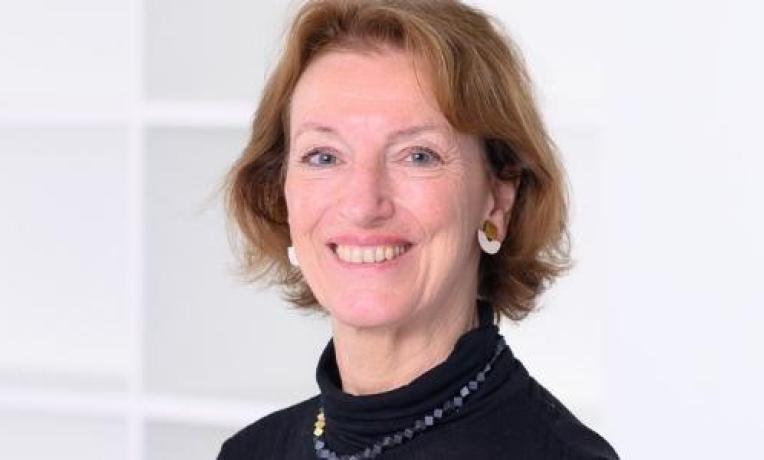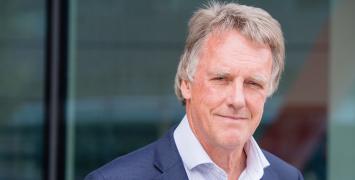
Two years after the COVID-19 pandemic abruptly changed the way we live and work, it is timely to reflect on its impact on the world of research, how we adapted and coped, and what we have learnt. That’s what this issue of the ERC Magazine is about.
The pandemic, the most severe since the Spanish flu a century ago, has reminded us of human vulnerability, but also of our resourcefulness, adaptability and resilience. This health crisis had repercussions in all fields. It revealed, like never before, the detrimental effects and danger of disinformation and misinformation, but it was also a time when we saw overall trust in science grow and a marked upswing in scientific literacy. Science took center stage.
Working around the clock from the moment the news of the pandemic emerged, scientists rapidly sequenced the virus and solved the structure of the spike protein. Vaccines and assays were developed and billions of doses were produced faster than the world had ever seen before, saving many lives.
However, many wondered how this could happen so fast. For me the answer is clear – it is much thanks to the dedication of scientists, but also to the fundament of knowledge that they could draw on when the crisis hit. So, the pandemic shone a light on the great importance of fundamental or frontier research and of not only thinking short term. It showed how vital it is to give our brightest minds completely free reign to push the scientific frontiers, wherever they may lie, without being steered by any political priorities and without knowing when and how their knowledge will come in handy. That’s the best way to be prepared for future crises, some less predictable than others. This is unfortunately very topical today, when we are faced with other challenges and crises - from war and migration to climate change.
One of the most striking examples of the importance of flexibility and freedom in frontier research comes precisely from the pandemic: one of our grantees, Ugur Sahin, and his team developed within nine months from the outbreak the Pfizer/BioNtech vaccine. Building on decades of research on the mRNA technology and its use for individualised cancer vaccines, from one day to another, they shifted their research to developing a vaccine for COVID-19. The work of another 200 ERC grantees was also very relevant to address the pandemic right from its outset, across all fields of research.
In this edition, you will find out about a new study on the contribution that EU-funded research more generally has made to tackling the pandemic.
At a more practical level, the ERC Executive Agency quickly had to adjust to the changes the crisis brought, continuing peer review evaluations online with panellists and applicants connecting from around the world, a challenge with the various time zones. We are very grateful to the staff of the ERC Executive Agency who worked with commitment and beyond normal working hours, an effort that payed off: there was not one day of delay in our selection and granting processes. We also owe a lot to the peer reviewers for their dedication. Contingency measures were put in place to help grantees who were affected by the pandemic. The ERC's "New ways of working" outlines the various measures, how the ERC adapted to the crisis and what working methods we will keep in the new post-pandemic setting. The future organisation of our panels will also take into account the need to make the ERC’s operations greener, while maintaining the widely recognised quality of our evaluation process.
The restrictions that came with the pandemic, including lockdowns, have taken their toll on many researchers, not only in terms of their mental and physical health, but they also hampered their ability to work, slowing down their careers. Some have found focus during their forced seclusion, but for others, their lives were disrupted, especially younger researchers who were unable to make their next career moves or who had young children to take care of. The effects are still being surveyed and we must follow this closely – it is about a generation of talent that the world needs. Read more about this topic in the guest editorial by Mostafa Moonir Shawrav, Chair of the Marie Curie Alumni Association. He also highlights how the pandemic enhanced collaboration and encouraged open science.
Now, learning from our experience during the pandemic, we take the chance to improve and fine-tune some of our activities in the future. One clear take-away is the need to safeguard researchers’ freedom to pursue their scientific dreams, and to support their blue-sky research. That is and will remain the best investment in our future.





